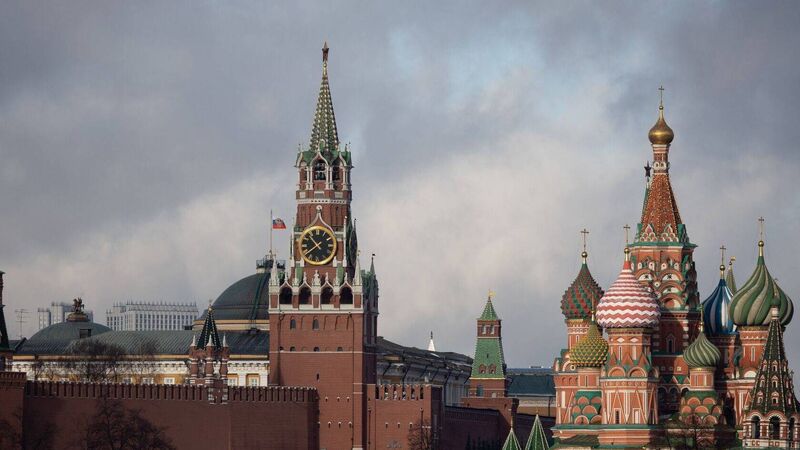John Whelan: Sanctions against Russia are not working

The elephant in the room, is the wide range of European and UK companies circumventing the current range of sanctions against Russia. Picture: Andrey Rudakov/Bloomberg
Western sanctions have not had the hoped-for impact on the Russian economy, as many companies have reassessed the risks to their investments and deferred exit decisions.
Russia’s economy has grown at the same rate as the US in the year to March 2024 according to the latest OECD report. The US Treasury Secretary Janet Yellen is only too well aware of this and sent a warning to European Banks during the recent G7 finance leaders meeting in northern Italy, that they face growing risks operating in Russia. Ms Yellen advised that the US is looking to cut off banks from the US financial system, effectively blocking their access to the US dollar if found to be aiding transactions that support the Russian war effort.











